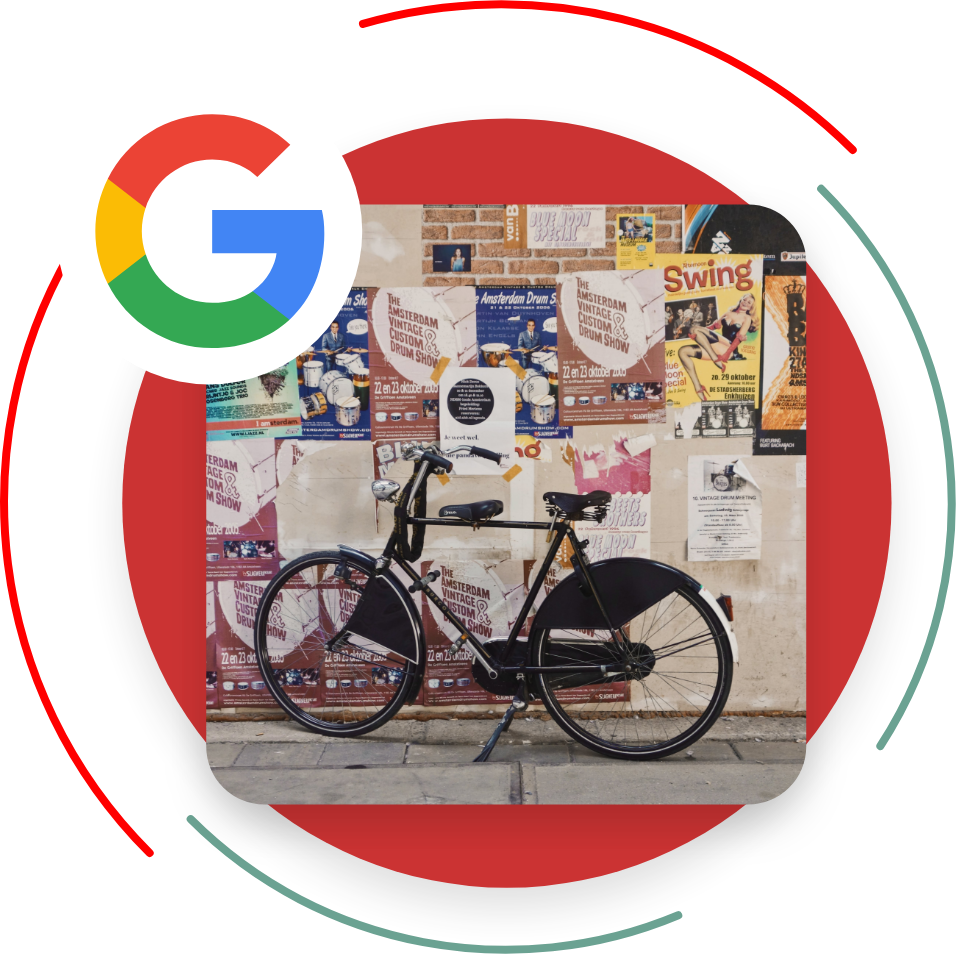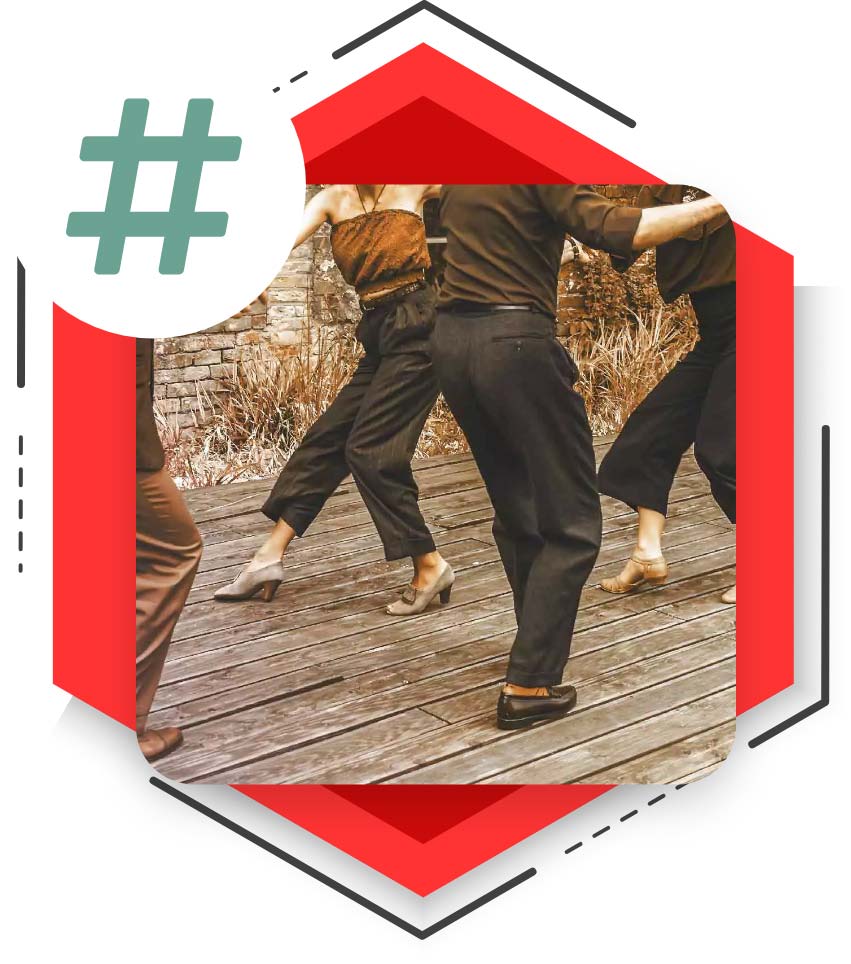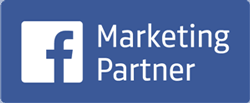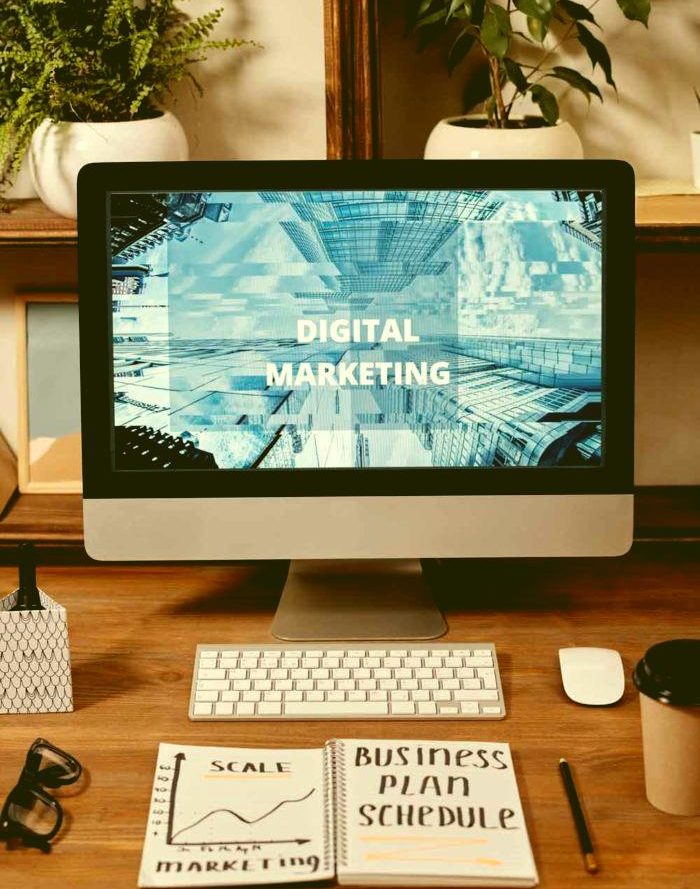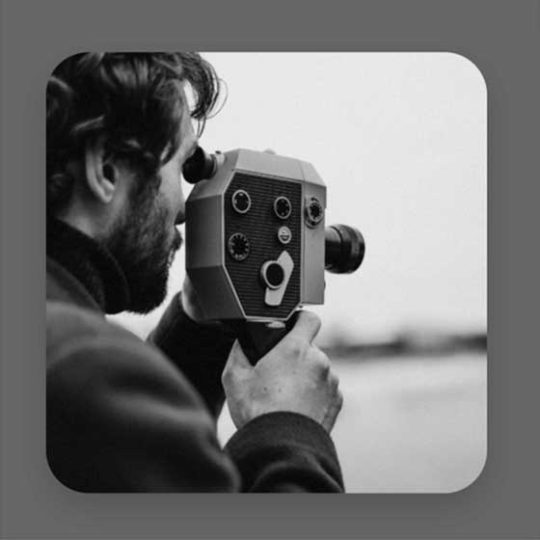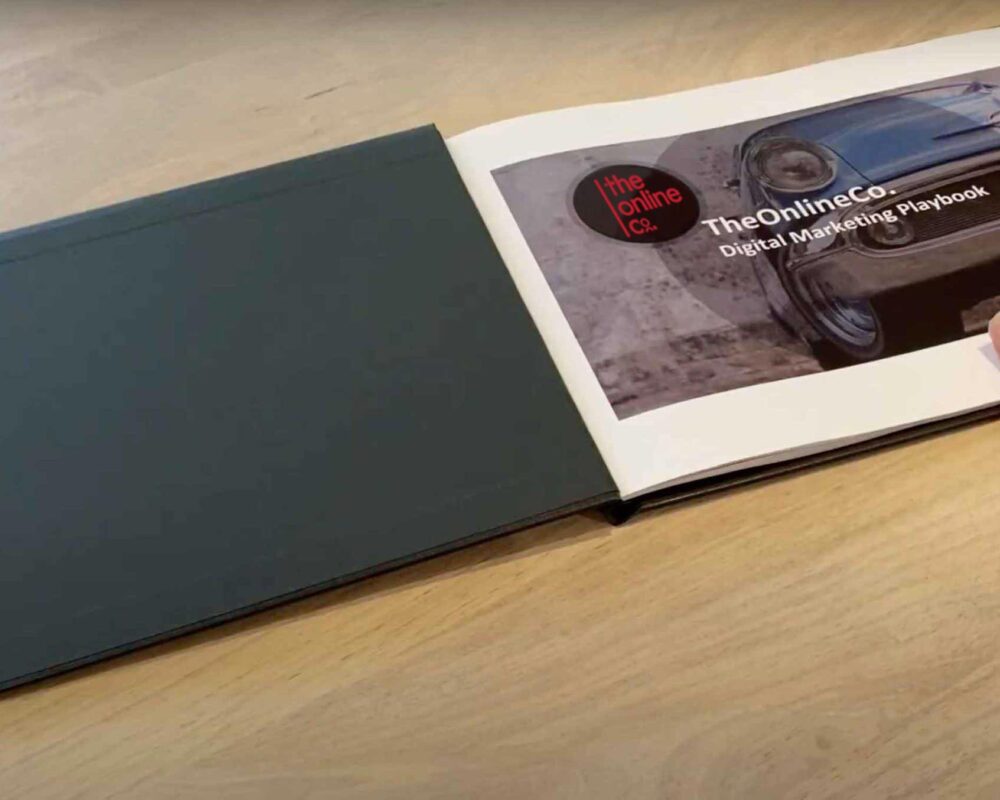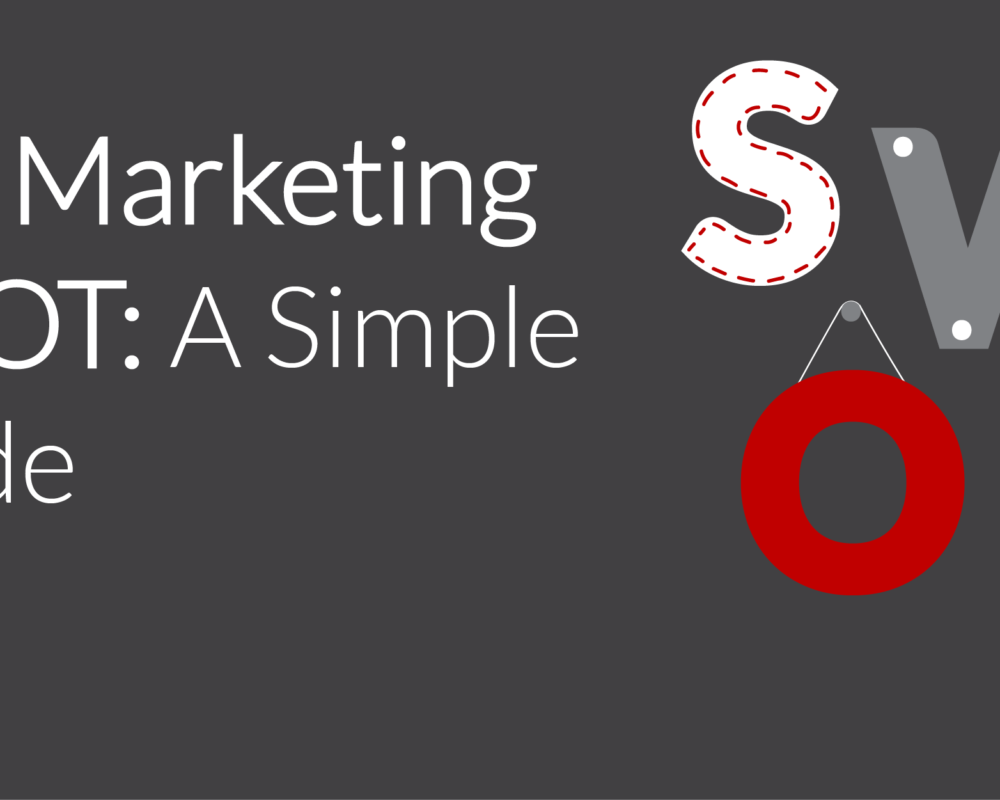OUR KEY DIGITAL MARKETING SERVICES
More than just the basics
Looking for some proof?
360% increase in LinkedIn connections


743% Increase in Revenue from SEO optimisation
157% increase in clicks among the local target

Testimonials
Our Points of Difference
100% LOCAL TEAM
100% LOCAL TEAM
Our entire team of highly experienced and efficient specialists are located here in Australia. We do not outsource overseas.
NO LOCK IN CONTRACTS
NO LOCK IN CONTRACTS
We believe our work should speak for itself so our marketing agreements are month to month.
PARTNERSHIP FOCUSED
PARTNERSHIP FOCUSED
We highly value long-term partnerships and transparency. To this end, we endeavour to respond to all queries within 4 business hours and provide monthly video reports to explain your campaign performance.
NO COOKIE CUTTERS
NO COOKIE CUTTERS
We will work with you to discover what your unique business goals are and how to best achieve them with strategies personalised to your business.
MONTHLY VIDEO REPORT
MONTHLY VIDEO REPORT
Not only will we give you the data on how campaigns performed over the past month, we will record a video of us explain it to you in laymans terms.
BEST PRACTICE
DIGITAL STRATEGIES
BEST PRACTICE
DIGITAL STRATEGIES
We value education and invest in keeping our team up to date on current best practice digital strategies and methods of SEO, Google Ads and Social Media Marketing.
SOLID MARKETING FOUNDATIONS
SOLID MARKETING FOUNDATIONS
We are not solely reliant on the technology. All our strategies are based in sound Marketingg principles and strategies. We focus on the people first (the business and the customers), and the technology to reach them second.
Recent ‘Digital Marketing’ Articles:
Case Study: Tropical Plant Rentals
Case Study: Tropical Plant Rentals How an Environmental Service Company Blossomed with TheOnlineCo's Digital Marketing Expertise Imagine walking into an office, lush with greenery and radiating freshness. Now imagine helping…
The Digital Marketing Playbook
Your Marketing Plan. Have you got an actual plan for your marketing? Or are you just giving a few different things "a go?" Successful businesses spend time thinking and planning…
3 Components of an Effective Digital Marketing Strategy | TheOnlineCo.
In this blog, we'll uncover the important parts that make digital marketing strategies work. Our main focus is on breaking down the three key components that help digital marketing succeed.…
Digital Marketing SWOT Analysis Guide
If you’re new to the SWOT framework, here’s a quick introduction. SWOT is a strategic planning tool that digital marketers use to analyse SWOT: Strengths, Weaknesses, Opportunities, Threats


